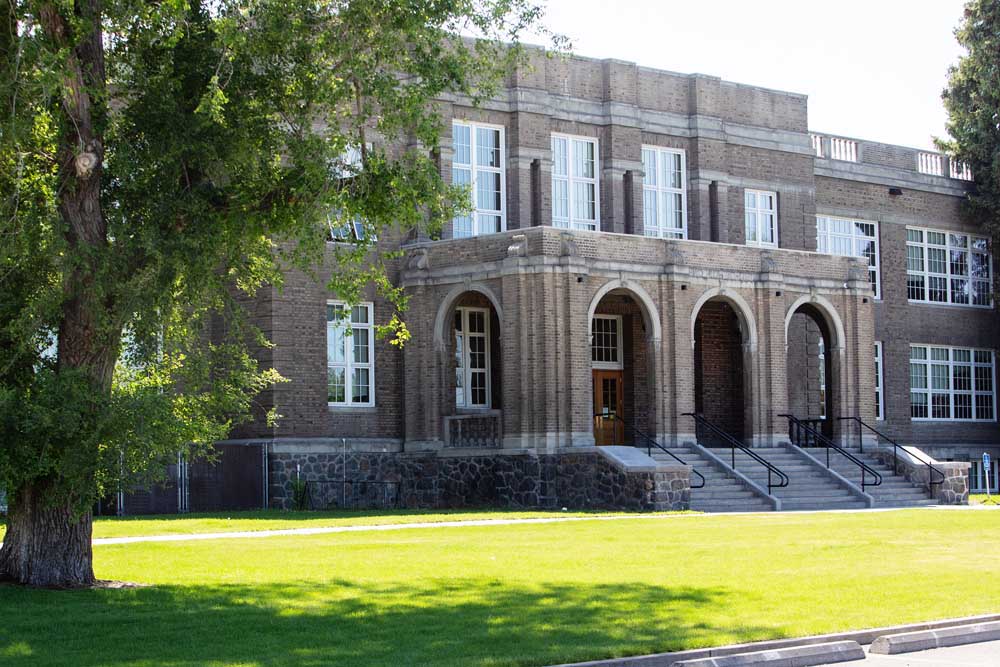Gas tax loses favor as states seek new cash
Published 4:00 am Thursday, February 7, 2013
WASHINGTON — In the search for more transportation money, governors and state lawmakers are largely avoiding one of the most obvious and straightforward funding sources: state gasoline taxes.
Voters hate the per-gallon charges, even when they are rolled into the price at the pump. As Maryland Gov. Martin O’Malley said recently, “If you ever put the word ‘tax’ in front of the word ‘gas,’ you’re sure to get a whole collection of boos, hisses, throwing chairs and tables.”
Gas taxes create other headaches, too. The biggest drawback is that states typically levy gas taxes on a cent-per-gallon basis, so the resulting revenue does not rise with inflation. Plus, drivers buy less gas per mile as cars become more fuel efficient. While environmentalists cheer the reduction in pollution, state budget officials worry about the dwindling revenue. No wonder public officials this year seem to view gas tax hikes as a last resort.
Instead, they have proposed selling bonds backed by higher tolls, tapping reserves or surpluses, taxing miles driven instead of fuel bought or hiking income or sales taxes. In fact, Virginia Gov. Bob McDonnell wants to get rid of the gas tax altogether.
“All of these governors are getting creative,” says Marcia Hale, president of Building America’s Future, a group that supports more spending on infrastructure. “They think, at the moment, that (the gas tax) is a political nonstarter and they need to find ways to do things.”
States and localities are looking for new funds for transportation, in part because the prospect of the federal government coming up with new transportation dollars is slim, Hale says. Congress passed a two-year transportation law last summer, but the agreement did not include a long-term fix for financing the Highway Trust Fund. The trust fund is funded primarily by the federal gas tax, which has not been raised since the early Clinton administration. But several times since 2008, Congress added more money to the trust fund to keep it in the black.
Jack Basso, director of program finance and management at the American Association of State Highway and Transportation Officials, says raising gas taxes is a “political nightmare” because the public thinks the money is being wasted and overestimates how much they pay in gas taxes. “We have to do a lot better job in telling people what they do pay,” he says.
In fact, a typical consumer pays a little more than $110 a year in federal gas taxes. The amount for state gas taxes varies. While the federal government charges 18.4 cents a gallon, state rates range from 8 cents a gallon in Alaska to 43 cents a gallon in California.
Ideas for new transportation funding reflect the political priorities of their authors.
In Virginia, for example, the main source of money in McDonnell’s plan to eliminate the gas tax is a hike in the sales tax rate. Republicans like McDonnell favor a heavier reliance on sales taxes over income taxes. In Missouri, Republican lawmakers are discussing whether to ask voters to approve a 1-cent sales tax for transportation at the same time they are working on ideas to cut income taxes.
But in Massachusetts, Democratic Gov. Deval Patrick proposed an income tax hike designed, in part, to shore up transportation funding. His plan also includes a cut to the state’s sales tax. Democrats generally favor a heavier reliance on the income tax, because it has less of an impact on people with lower incomes.
Meanwhile, several Republican governors who campaigned on fighting tax increases unveiled plans to spend more on transportation with no new taxes.
Ohio Gov. John Kasich wants to increase tolls on the Ohio Turnpike and use the new revenues to back bonds, which would pay for improvements chiefly in northern Ohio where the toll road runs.
In neighboring Indiana, newly inaugurated Gov. Mike Pence asked lawmakers to divert a part of the state’s surplus for roads.
And Texas Gov. Rick Perry proposed tapping nearly a quarter of the state’s $12 billion rainy day fund for water and transportation projects.






